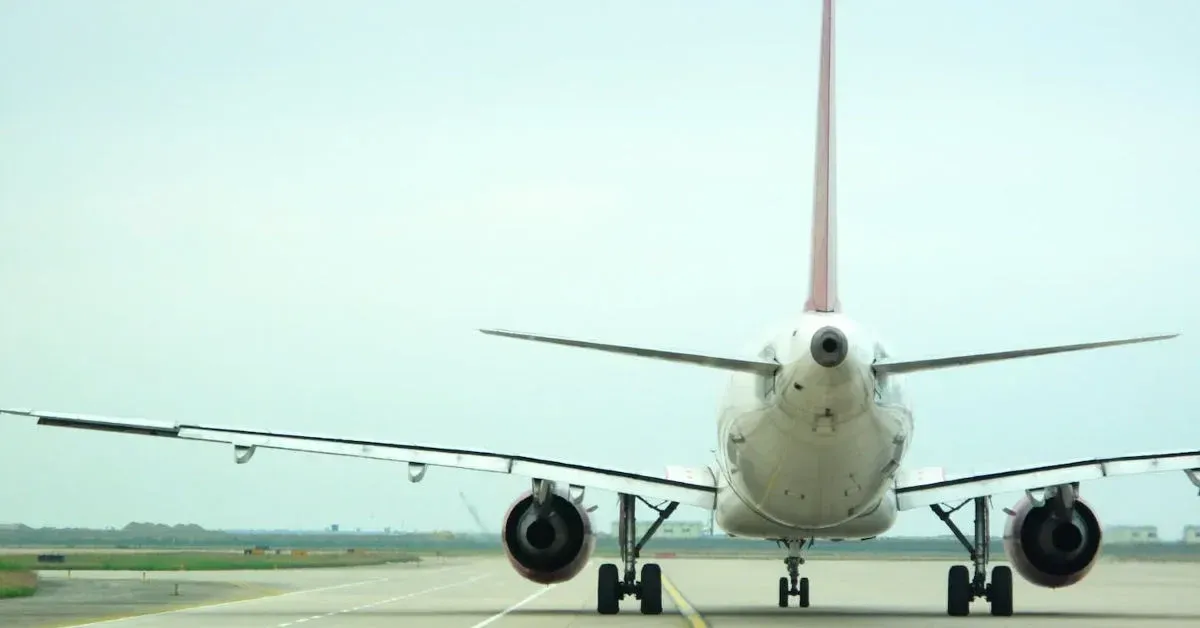Escalating geopolitical tensions between Israel and Iran have shuttered key stretches of Middle Eastern airspace, forcing European flights bound for Asia, Australia, New Zealand — and notably India — to take lengthy detours, leading to delays, cost hikes, and frequent cancellations.
Disrupted Air Routes
Governments have now imposed indefinite bans over the airspace of Iran, Iraq, Israel and Jordan, while Syria remains closed through at least October. Even Lebanon and Jordan, though open, are deemed high-risk by agencies like EASA and FAA due to missile and drone threats . Airlines are rerouting via either southern corridors over Saudi Arabia and Egypt or longer northern paths through Turkey, Azerbaijan, and Central Asia — adding several hours to most flights .
This compression of routes is triggering severe congestion in alternative skies, stretching air traffic control systems and causing cascading delays — especially for Europe–Asia and Europe–Australia links.
Economic Fallout for Passengers and Airlines
High fuel usage and extended flight times have led to increased ticket prices. Airlines are absorbing current costs while eyeing possible surcharges, with jet fuel prices rising in part due to fears over the Strait of Hormuz’s security .
Financial markets have reacted. Shares of major carriers such as IAG (British Airways’ parent), Delta, and Ryanair have dropped in response to cost burdens and rising fuel prices.
Impact on Travelers
Over 1,800 flights have been disrupted in Europe, with about 650 cancellations since June 13 alone. Transit hubs such as Dubai, Doha, Amman, Sharjah, and Jaipur are reporting bottlenecks, long waits, and thousands of stranded passengers.
Displaced travelers are grappling with missed connections, impromptu accommodations, delayed luggage, visa complications, and airline advisories urging constant flight-status checks .
India Hit Hard
India is facing dual-pronged stress. Pakistani airspace has been shut to Indian carriers since late April, and Middle Eastern closures now compound the issue. Air India and IndiGo flights to Europe, North America, and elsewhere are being rerouted, cancelled, or returned mid-air, causing operational strain during India’s peak travel season.
Air India, facing mid-air route cancellations and extensive detours via destinations like Vienna, Jeddah, and Milan, has warned of extended journeys and advanced precautionary turnarounds .
Airline Responses
- Major carriers including Lufthansa, Air France–KLM, Emirates, Qatar Airways, and Wizz Air have either suspended or scaled back flights to conflict-affected regions .
- The UAE has deployed emergency airport teams to manage the flow of delayed passengers at hubs like Dubai and Abu Dhabi.
- Regulatory bodies EASA, FAA, Rosaviatsia, and DFAT have issued risk advisories and formal airspace bans requiring airlines to avoid hostile zones
What’s Ahead
Unless Middle Eastern tensions abate, operational costs for airlines are unlikely to decrease. Higher fares and travel uncertainty may persist. Industry observers warn of possible weaker flight schedules and reduced service coverage between Europe, Asia, Australia, and New Zealand .
Advice for Travelers
- Monitor flights: Keep frequent tabs on airline communication and airport updates.
- Expect delays: Build extra time into travel plans and connecting itineraries.
- Travel insurance: Look for coverage that includes geopolitical disruptions.
- Stay informed: Check advisories from relevant foreign offices (UK FCO, DFAT, MEA).







